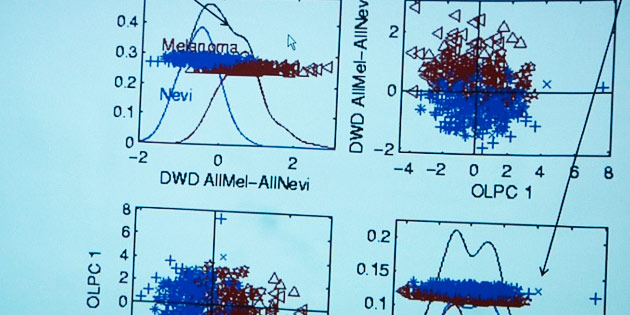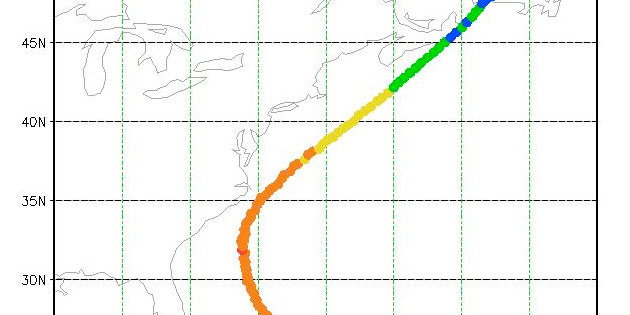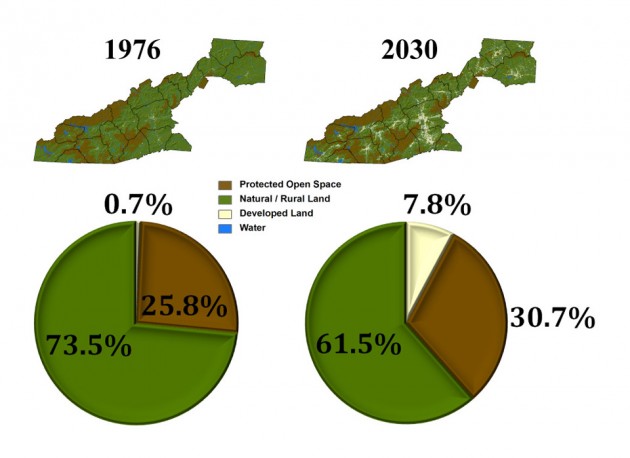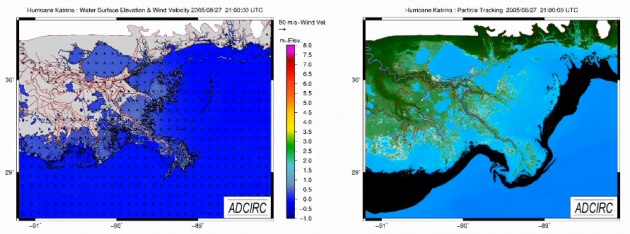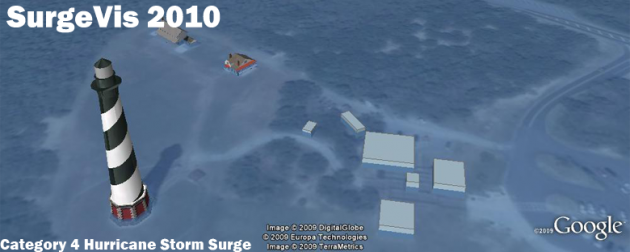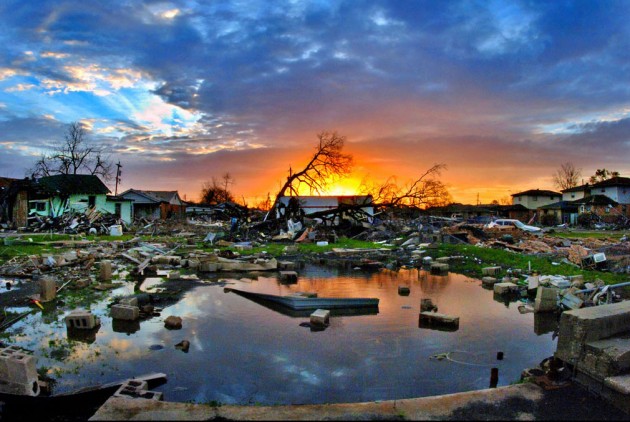
Hurricane Katrina aftermath at sunrise. Photo by Donn Young.
Title: Hurricane Katrina Fiver Years Later: A Humanities Focused Observance
Description: To observe the fifth anniversary of Hurricane Katrina – this country’s largest natural and human-caused disaster – UNC’s Center for the Study of the American South, Center for the Study of Natural Hazards and Disasters, in partnership with the Center for Poverty, Work and Opportunity, School of Government and School of Law are coming together to explore the human impact of the storm through workshops, storytelling, photography, singing and songwriting. A series of free events from Wednesday, September 8th through Friday, September 10th will offer attendees an opportunity to understand how the storm impacted people and communities and how lives are being rebuilt and renewed. The full schedule of events is below:
Event Poster (pdf)
Start Date: 2010-09-08
End Date: 2010-09-10



